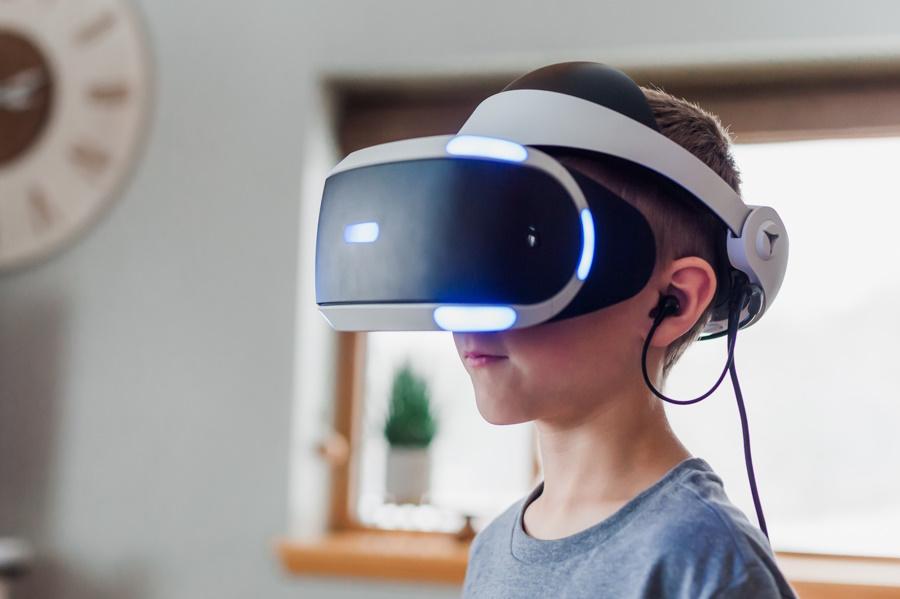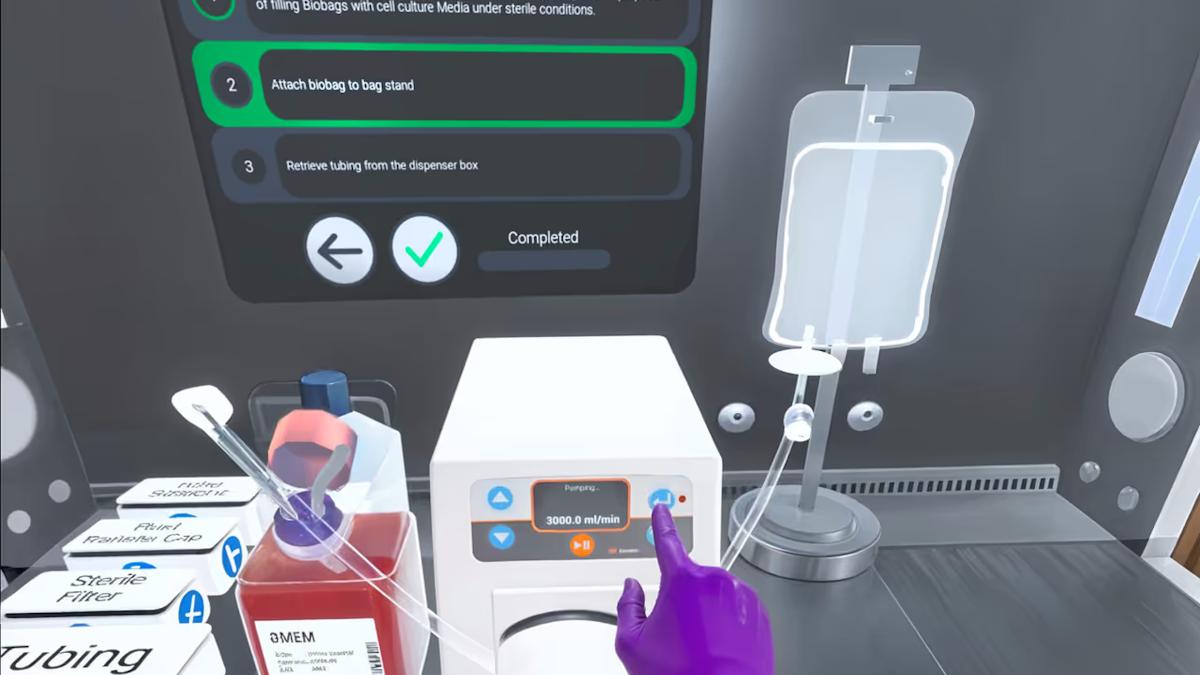UK funds extended reality projects for mental health

Innovate UK has funded three projects in its Mindset programme, which aims to support the development of extended and virtual reality tools for people struggling with their mental health.
First announced last year, Mindset was set up with £20 million in funding and an ambition to nurture the UK’s “nascent immersive digital mental health sector” and help start-ups bring VR and XR digital therapies to market.
All told, 29 organisations have been selected for funding of £3 million to date, with the total budget allocated through to 2025. A full list of supported projects is available here.
“Mental health problems of some kind will be experienced by one in four people each year in the UK, while only one in eight adults with a mental health problem are currently getting any kind of treatment,” said UK Research and Innovation (UKRI), which is administering the Mindset programme.
“Delivering therapies via VR can achieve outcomes two to three times faster than traditional treatments, can cut wait times, improve access to services, and reduce the severity of symptoms.”
Among the organisations receiving grants are Wales-based Rescape, which has developed a VR-based “distraction therapy” for pain, anxiety, and stress – called DR.VR – that is already being deployed in hospitals within the NHS, care homes, and in hospices.
The new VR-MELODY project will explore how music content and artificial intelligence (AI) can be used to create a personalised VR therapy for people experiencing symptoms of anxiety, and help to build mental resilience.
XR Therapeutics, based in the north east of England, has been awarded funding for a project that will use VR headsets to help children with autism or phobias, according to Innovate UK.
The company’s approach is to generate immersive digital scenes and audio which can be controlled and adapted by a therapist in real-time and treat specific phobias and anxiety triggers. The technology is already being deployed in three NHS trusts.
Another winner, London-based SyncVR Medical will use the grant to create what is claimed to be the world’s first mood management application to be used on VR headsets for supporting high risk patients waiting for mental health care.
The company’s technology is already widely used in clinical settings for a range of applications, such as supporting patients undergoing chemotherapy for cancer or painful medical procedures.
“These new tools provide clinicians the ability to deliver a more engaging experience, improve access to care, and enable those clinicians to see and treat more patients effectively,” said George MacGinnis, UKRI’s Healthy Ageing Challenge Director.
“The UK has a huge talent devoted to developing immersive digital experiences, and applying this to create novel solutions for mental health could be a real game-changer,” he added.
Figures from market research company IMARC suggests that the global market for XR and VR technologies in healthcare was worth $4.5 billion last year, but will grow quickly to $20.1 billion in 2028, driven by use in gamified physical therapy and immersive therapies for mental health patients, training of healthcare professionals, and in telemedicine delivery.
Photo by Jessica Lewis on Unsplash.













